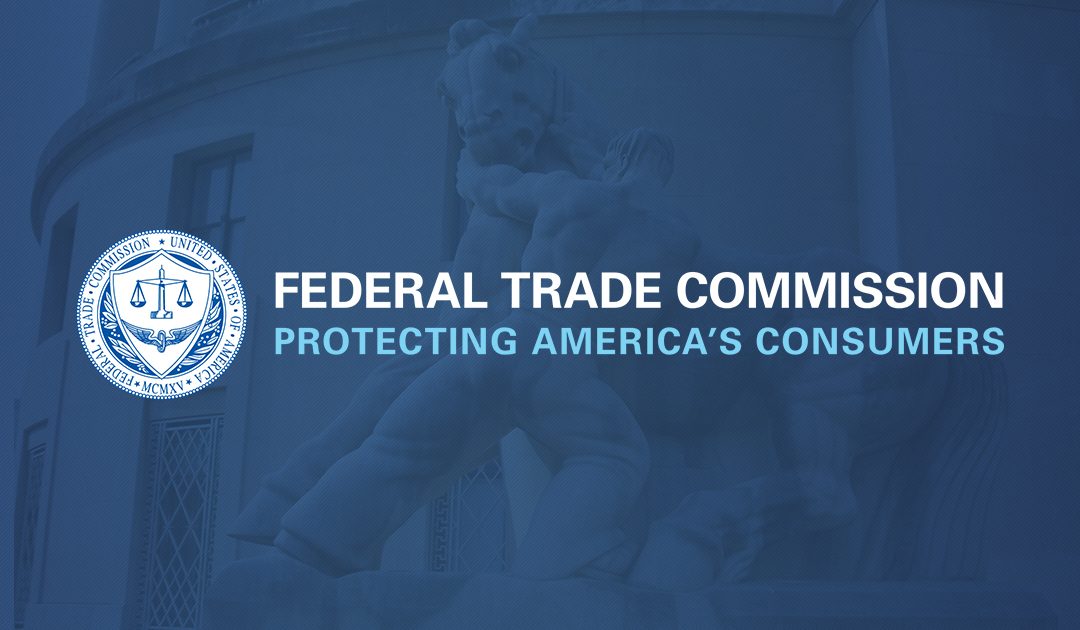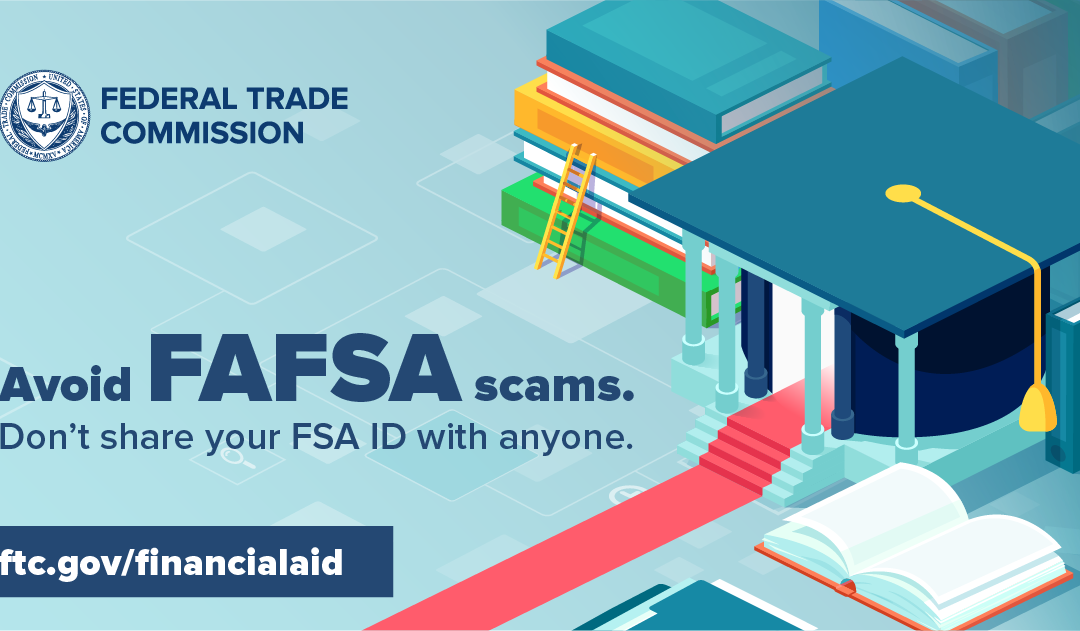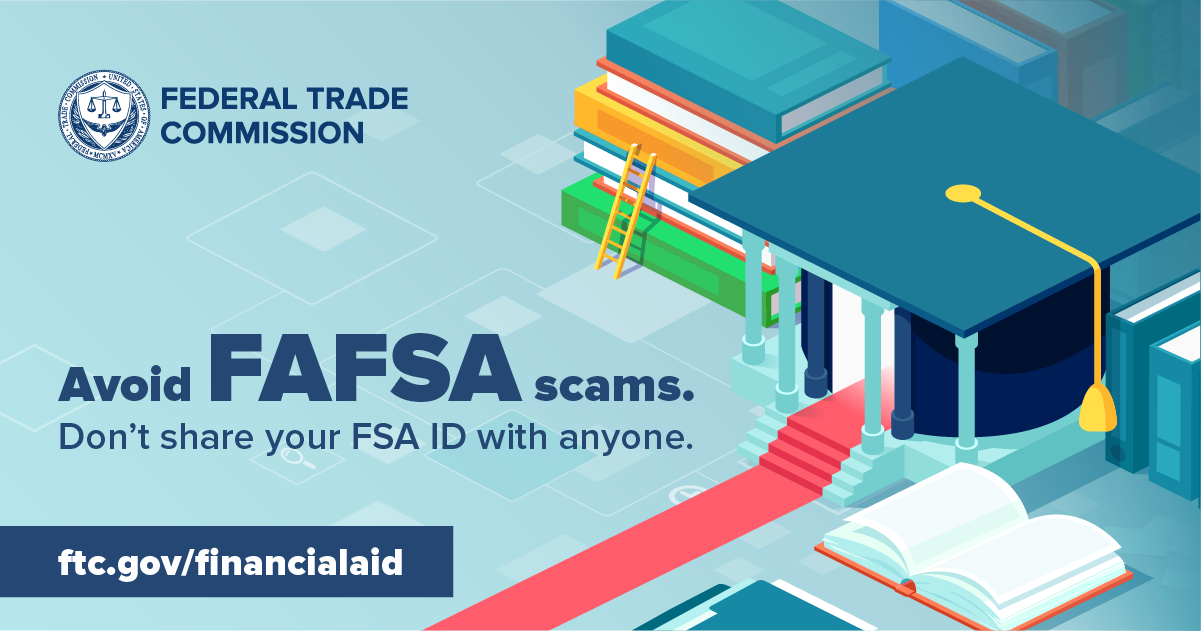by Scott Muniz | Oct 6, 2021 | Security, Technology
This article is contributed. See the original author and article here.
Mozilla has released security updates to address vulnerabilities in Firefox and Firefox ESR . An attacker could exploit some of these vulnerabilities to take control of an affected system.
CISA encourages users and administrators to review the Mozilla security advisories for Firefox 93, Firefox ESR 78.15, and Firefox ESR 91.2.
by Scott Muniz | Oct 6, 2021 | Security, Technology
This article is contributed. See the original author and article here.
The Apache Software Foundation has released Apache HTTP Server version 2.4.50 to address two vulnerabilities. An attacker could exploit these vulnerabilities to take control of an affected system. One vulnerability, CVE-2021-41773, has been exploited in the wild.
The Cybersecurity and Infrastructure Security Agency (CISA) encourages users and administrators to review the Apache HTTP Server 2.4.50 vulnerabilities page and apply the necessary update.

by Scott Muniz | Oct 6, 2021 | Security
This article was originally posted by the FTC. See the original article here.
For-profit colleges sometimes use overblown — or flat-out false — promises to attract new students and their money. The FTC is ramping up its efforts to stop shady practices on campus. The Commission is sending a Notice of Penalty Offenses to the largest 70 for-profits, warning them that the FTC will not stand for unfair or deceptive practices.
Why the heads-up? Under federal law, the FTC may put companies on notice that some practices have been found to be unfair or deceptive in administrative cases with final cease and desist orders, other than consent orders. If a company knows about (the law says has “actual knowledge” about) the orders and uses those same deceptive marketing tactics, the FTC can sue the company in federal court for civil penalties. The Notice outlines those prohibited practices: claims about the career or earning prospects of their graduates, the percentage of graduates that get jobs in their chosen field, whether the school can help a graduate get a job, and more. These are just the kinds of information a student would want to know before committing to a program — and it’s exactly how some for-profit schools market their programs.
The FTC has been going after false and misleading claims in education for nearly a century, but fraud in this sector persists. Most recently, the University of Phoenix agreed to a $191 million judgment to settle the FTC’s charges that, to attract students, it used deceptive ads that falsely touted its relationships with and job opportunities at companies such as AT&T, Yahoo!, Microsoft, Twitter, and The American Red Cross. In another matter, DeVry University paid $100 million to settle the FTC’s charges that the for-profit misrepresented the employment and salary prospects of its graduates. Additionally, the Commission has published a guide for vocational schools describing practices that the agency determined are deceptive.
Servicemembers and student veterans are often the targets of schools’ deceptive marketing. For-profit schools have had a strong incentive to enroll veterans because of the education benefits servicemembers can use to pay for college. This has led to aggressive targeting of servicemembers, veterans, and their families. For example, the FTC’s case against Career Education Corporation (“CEC”) charged it with recruiting prospective students using marketers who falsely claimed to be affiliated with the U.S. military, tricking students who were looking to serve their country.
There are tools to help veterans, servicemembers, and all kinds of students navigate the education marketplace and blow the whistle on bad actors. If you have a federal student loan and feel like a school misled you or broke the law, apply for loan forgiveness through the Department of Education’s (ED’s) Borrower Defense to Repayment procedures. If you’re getting started (or re-started), ED’s Opportunity Centers are designed to help prospective students (including people of modest means, first-generation college students, and veterans) apply for admission to college and arrange for financial aid and loans. Find one near you.
Servicemembers: talk with your Personal Financial Manager to get hands-on help with your next steps. And vets can call the VA’s GI Bill Hotline to discuss questions about education benefits: 1-888-GIBILL (1-888-442-4551), or visit the VA site to learn more. Before enrolling, you can find out important information about any school — including whether it’s a for-profit school — at the U.S. Department of Education’s sites, College Scorecard or College Navigator. The FTC’s Military Consumer site also has helpful advice on finding and paying for school.
Brought to you by Dr. Ware, Microsoft Office 365 Silver Partner, Charleston SC.

by Scott Muniz | Oct 5, 2021 | Security
This article was originally posted by the FTC. See the original article here.
 If you’re a high schooler applying to college, a college student, or their parent, it’s time to fill out the 2022-23 Free Application for Federal Student Aid (FAFSA®) form. Unfortunately, scammers know it’s that time of year again, too and they’re gearing up to try to take advantage of financial aid seekers.
If you’re a high schooler applying to college, a college student, or their parent, it’s time to fill out the 2022-23 Free Application for Federal Student Aid (FAFSA®) form. Unfortunately, scammers know it’s that time of year again, too and they’re gearing up to try to take advantage of financial aid seekers.
Many states and schools give out funds on a first-come, first-served basis. So, if you’re looking for financial aid for college or career school, fill out your FAFSA form as soon as you can. Some states have different filing deadlines for certain kinds of aid. Even if you haven’t filed your income taxes or don’t have all of your paperwork completed yet you don’t need to wait. You can submit the FAFSA form using estimates and then update it later. No matter when you fill it out, the form is totally free, and it will help you find out if you’re eligible for different types of financial aid — like grants, work-study, and loans.
During FAFSA season, scammers may tell you they can help you get more financial aid if you apply through them — for a fee. And they might use false information about your family’s income, assets, and benefits to qualify you for more aid than you’d get if they told the truth.
But if someone fills out your FAFSA form and uses false information, you could get in trouble — including fines or jail time. Never pay someone else to fill it out for you. Instead, fill out the FAFSA form yourself, or with a family member.
If a company tells you they can process your FAFSA for a fee, walk away. Filing your FAFSA is completely free to do yourself. Find all of the information you need at fafsa.gov. And remember, never share your FSA ID (it’s what you use to log in to fill out your FAFSA form) with anyone. Dishonest people could use that to get into your account and steal your identity.
If you spot a scam, report it to the FTC at ReportFraud.ftc.gov. If you need more help with your FAFSA form, visit studentaid.gov or call the Federal Student Aid Information Center at 1-800-433-3243 (TTY: 1-800-730-8913 for deaf or hard of hearing).
Brought to you by Dr. Ware, Microsoft Office 365 Silver Partner, Charleston SC.
by Scott Muniz | Oct 5, 2021 | Security, Technology
This article is contributed. See the original author and article here.
CISA and the National Cybersecurity Alliance (NCSA) remind users to continue to “Do Your Part. #BeCyberSmart.” during October—2021’s Cybersecurity Awareness Month!
In 2021, CISA and NCSA will focus on different outreach themes each week to include:
- Be Cyber Smart
- Phight the Phish!
- Explore. Experience. Share. – Cybersecurity Career Awareness Week
- Cybersecurity First
As part of the STOP.THINK.CONNECT.™ national public awareness campaign, CISA is also sharing Cybersecurity Awareness Month Resources to reduce cybersecurity risks and protect you online. CISA reminds users that cybersecurity is a proactive responsibility, and individuals and organizations should implement strong security practices to stay safer and more secure online.
Visit CISA’s Cybersecurity Awareness Month webpage for more guidance and resources.




 If you’re a high schooler applying to college, a college student, or their parent, it’s time to fill out the 2022-23
If you’re a high schooler applying to college, a college student, or their parent, it’s time to fill out the 2022-23 
Recent Comments